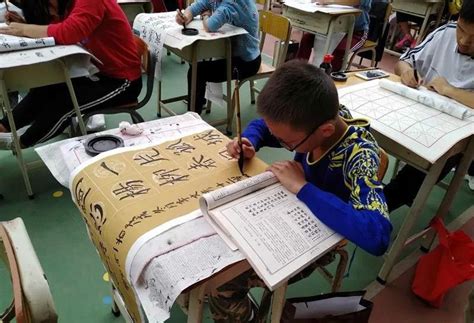瘟疫之书:文学的回顾与预言
Plague literature, while often rooted in the grim realities of disease and mortality, holds significant value in various contexts. Whether through historical accounts, fictional narratives, or philosophical reflections, it offers profound insights into human nature, societal dynamics, and existential questions. Let's delve into the multifaceted value of plague literature:
Plague literature has the power to catalyze social change by raising awareness, fostering empathy, and inspiring action. Through narratives that humanize the experiences of those affected by disease, literature can challenge stigma, promote solidarity, and galvanize efforts to address public health crises.
Plague literature delves into the psychological impact of disease outbreaks on individuals and communities. Characters grapple with fear, despair, and existential dread, raising questions about the nature of suffering, mortality, and the search for meaning in the midst of chaos.
Plague literature serves as a valuable historical documentation of past pandemics and epidemics, providing insights into the medical, social, and cultural responses to infectious diseases. Works such as Daniel Defoe's "A Journal of the Plague Year" offer vivid accounts of life during outbreaks, shedding light on the experiences of individuals and communities grappling with the ravages of disease.

Plague literature often serves as a mirror to society, reflecting its fears, prejudices, and resilience in the face of adversity. Writers explore themes of isolation, scapegoating, and the breakdown of social order during times of crisis, prompting readers to reflect on the parallels with contemporary challenges.
Plague literature often confronts readers with moral and ethical dilemmas, challenging preconceptions about duty, sacrifice, and the greater good. Characters must navigate difficult choices amidst uncertainty, forcing readers to ponder their own values and principles in similar circumstances.
Exploring the Value of Plague Literature
In conclusion, the value of plague literature extends far beyond its immediate portrayal of disease and suffering. It offers a rich tapestry of historical insight, societal reflection, psychological exploration, moral inquiry, allegorical significance, and potential for social change. By engaging with plague literature, readers gain a deeper understanding of the complexities of human existence and the enduring quest for resilience, compassion, and meaning in the face of adversity.
Plague literature frequently operates on allegorical levels, using the backdrop of epidemic disease to explore broader themes of human existence and societal structures. Whether through symbolism, metaphor, or allegory, writers convey timeless truths about the human condition and the fragility of civilization.











